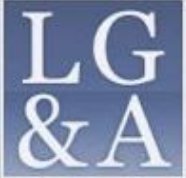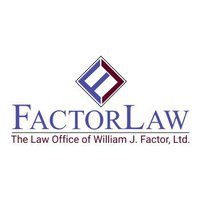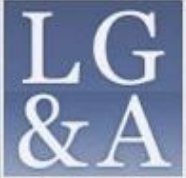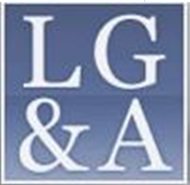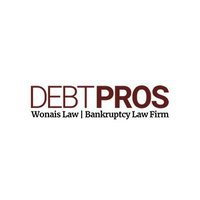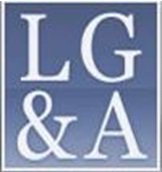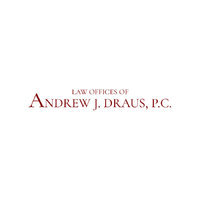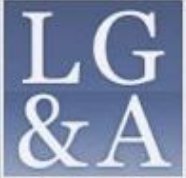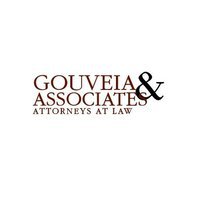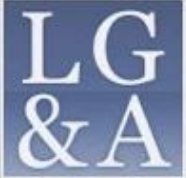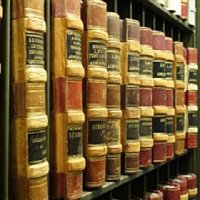So, what should a creditor know when they are served with a notice of bankruptcy filing? Initially, cease all telephone calls, billings or law suits that may be pending against the debtor, such actions could be violations of the automatic stay, and subject a creditor to sanctions for actual damages, punitive damages, and even attorneys’ fees of the debtor. After ceasing such conduct, we recommend seeking the advice of an attorney for your particular needs. However, generally, a creditor has the right to file a proof of claim (here is a link to the Northern District of Illinois Proof of Claim Form). If choosing to act without an attorney, please be advised that there are strict deadlines for filing a proof of claim, and the courts generally strictly enforce these deadlines.
Further, a creditor must consider if his debt is the type of debt that is not dischargeable in bankruptcy. The most common types of debts that are not dischargeable in bankruptcy are debts arising out of fraudulent, willfully malicious acts by debtor, acts arising out of criminal conduct, and acts arising out of domestic issues (this is not an inclusive list, please contact an attorney to determine if your specific debt may be nondischargeable in bankruptcy).
Finally, whether you choose to contact an attorney or not, please feel free to contact the trustee for your particular needs if you suspect that the debtor is not being completely honest in his assets or debts. Creditor vigilance is the best deterrent to bankruptcy abuse.


